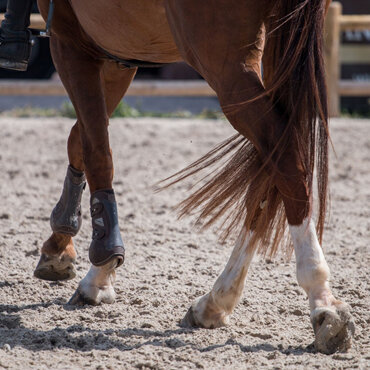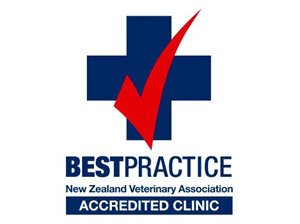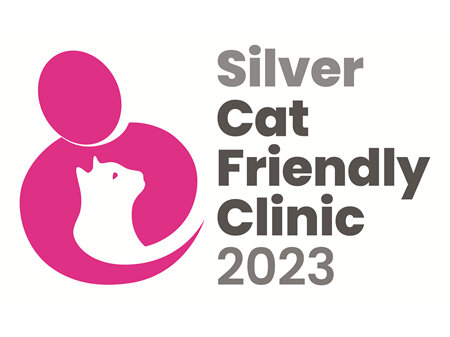Franklin Vets
Franklin Vets - excellence in veterinary care for dairy, farming, lifestyle, equine and household pets. BESTPRACTICE ACCREDITED NZ.
Your account is powered by Storbie. To edit your profile visit my.storbie.com
Your account is powered by Storbie. To edit your profile visit my.storbie.com

Injuries to the tendons and ligaments are frustrating. They can end athletic performance, they require a long rehabilitation program and 48%-66% of injuries can recur. Injuries can be caused by a single episode such as excessive strain or an injury. They can also occur from multiple episodes. This is when fibers are weakened resulting in fluid and swelling. Enzymes released can then further damage the tendon/ligament tissue.
There are a few factors that pre-dispose a horse to a tendon or ligament injury. These include; inadequate training, muscle fatigue, bad conformation (long sloping pasterns or long toes), poor bandaging and poor footing. Diagnosis is made by seeing poor performance, swelling, pain and finally by ultrasound examination.
Treatment consists initially of rest, ice, anti-inflammatories and support wraps. This helps stop the injury from worsening and lessens the fluid within the tendon/ligament. Platelet Rich Plasma (PRP) and Stem Cell Treatment can be used in the early stages. Tendon sweats and laser or ultra-sound treatments can also be beneficial. The most important component of treatment is controlled exercise. This is progressive activity that slowly increases the stress to the tendon to encourage healing fibers to align correctly. Healing can take 6-12 months as it is a complex tissue with poor blood supply.
Prevention and early detection is very important. Prevention includes adequate fitness, the use of protective boots and working on safe surfaces (not too deep or rough). Early detection is important as well. If you feel your horse’s leg prior to riding and note any swelling, get it checked out. Stopping then may result in a week or two off work instead of 6-12 months.
Dr Kara Watson DVM
Franklin Vets - excellence in veterinary care for dairy, farming, lifestyle, equine and household pets. BESTPRACTICE ACCREDITED NZ.



